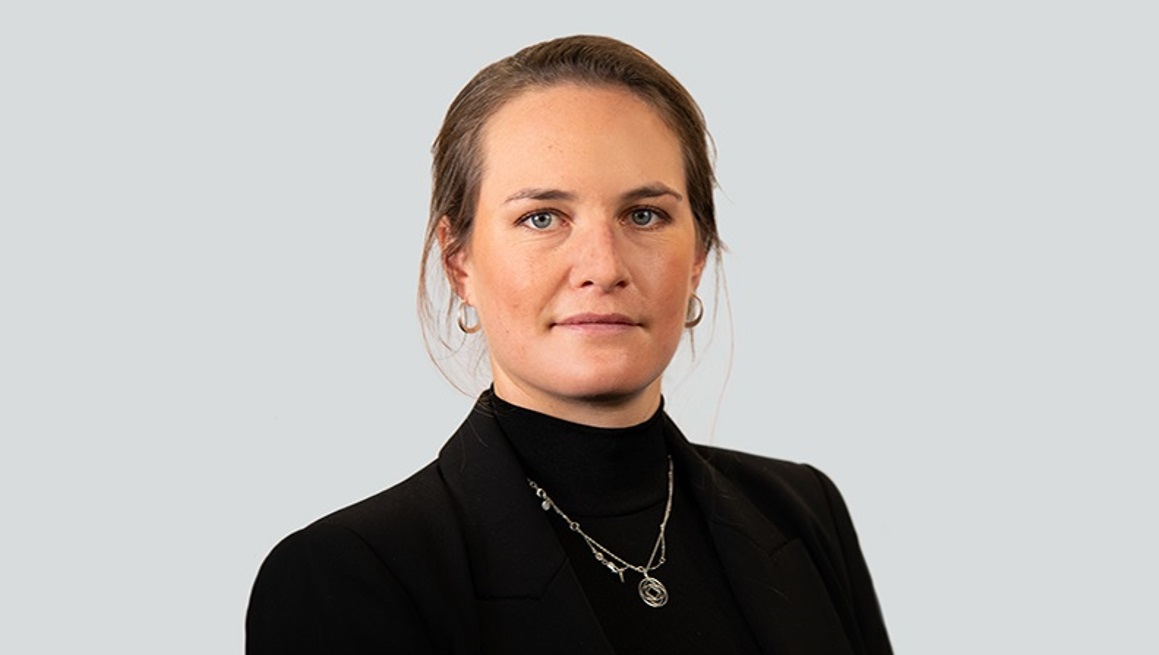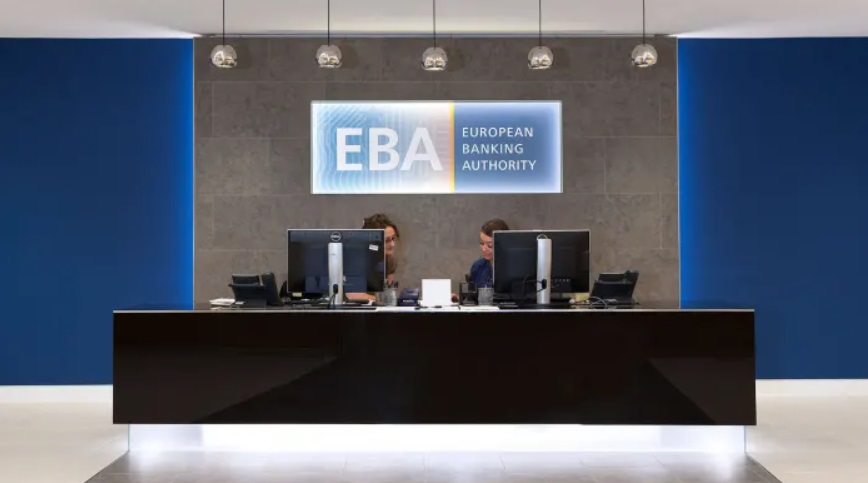Investor Group Calls for Blended Finance Solution to Address Shortfall in EM Climate Finance
The Net-Zero Asset Owner Alliance announced today the publication of Scaling Blended Finance, a new discussion paper calling for a scaled blended finance solution to facilitate the mobilization of the massive amounts capital of climate finance to emerging markets necessary to help build a net zero economy.
The Net Zero Asset Owner Alliance is a UN-convened, international alliance of 61 institutional asset owners, representing $10 trillion in AUM, committed to transitioning their investment portfolios to net-zero GHG emissions by 2050. The initiative is one of the groups that makes up the Glasgow Financial Alliance for Net Zero (GFANZ).
Blended finance, according to the paper, brings together public or philanthropic capital and private funding through a common investment structure. Blended finance vehicles are de-risking instruments that enable investors to invest in certain types of investments that have high perceived risk profiles, such as new climate mitigation-related technologies. The instruments are designed to attract large-scale institutional capital, allowing public financiers and other donors to use a small amount of their own resources as a first loss to mobilize large amount of private capital to reach large number of underlying climate projects needed.
One of the key obstacles discussed at the recent COP26 climate conference to transitioning the global economy to a net zero model is the need for substantial capital investments in emerging markets, with the IEA estimating $1 trillion of investments needed through the current decade in clean energy initiatives in developing countries. The Paris Agreement called for $100 billion in annual capital mobilization to emerging markets by 2020, but that target was missed, and the COP26 agreement urged full delivery of the goal by 2025.
In February 2021, the Net-Zero Asset Owner Alliance called on asset managers to help facilitate a drastic increase in investment in climate solutions through the development of blended finance vehicles, and the new paper provides detail on the main obstacles deterring investment with solutions to overcome the barriers, and aims to spark more discussion on the use of blended finance as a solution.
Primary obstacles to climate finance mobilization to emerging markets identified in the paper include elevated risk perception, restricted market access, and lack of data transparency. The paper proposes solutions to these issues through blended finance, which solutions such a the use a first-loss tranche to de-risk the funding provided by private investors, enabling greater market access through Development Finance Institutions (DFIs) providing large sourcing networks and market experience, and facilitating improved data disclosure.
Günther Thallinger, Allianz SE Board Member & Chair of the Net-Zero Asset Owner Alliance said:
“Financing the transition of the real economy is one of the key working areas of the Alliance both in developed and developing economies. However, the current economic risk-return profiles for some climate solutions and cleantech investments in emerging markets are not fit for purpose for private institutional investors, who must adhere to fiduciary duties and risk-baring capacities. In this context, scaling up the use of blended finance vehicles is a priority.”





